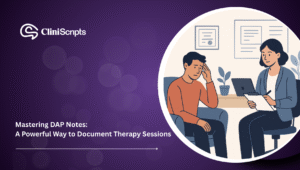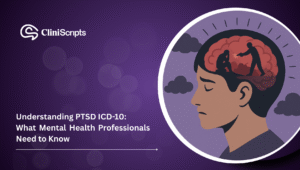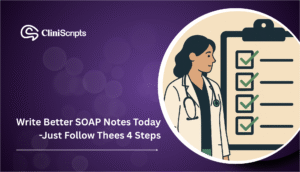Discover secure, AI‑powered tools that streamline mental‑health workflows—boost efficiency, protect privacy, and enhance care with user‑friendly solutions
Medically Reviewed: Dr Gideon Kwok
Image Credit: Canva
[ez-toc]
Key Takeaways
- Tech solutions streamline mental health care practice, automating tasks and freeing up professionals’ time for patient care.
- Privacy is prioritized through robust security measures and privacy masking technologies, ensuring confidentiality.
- User-friendly interfaces and seamless integration enhance the adoption and effectiveness of tech tools, empowering providers to deliver more efficient and accessible care.
Introduction:
In the realm of mental health, the demand for services is growing rapidly, presenting both opportunities and challenges for professionals in the field. Fortunately, advancements in technology are providing innovative solutions to streamline workflows, maintain privacy, and enhance the overall experience for both providers and patients. In this blog, we explore the intersection of tech solutions and mental healthcare, focusing on efficiency, privacy, and user-friendly experiences.
Efficiency in Mental Health Practice:
Efficiency is crucial in mental health practice, where professionals often juggle multiple tasks while striving to provide high-quality care. Tech solutions offer tools to automate administrative tasks, streamline appointment scheduling, and simplify documentation processes. By leveraging electronic health records (EHR) systems and telehealth platforms, mental health care professionals can optimize their workflows, allowing them to focus more time and energy on patient care.
Privacy Concerns and Tech Solutions:
Privacy is paramount in mental health care, where confidentiality is a cornerstone of trust between patients and providers. Tech solutions address privacy concerns through robust security measures, encryption protocols, and compliance with healthcare regulations such as HIPAA. Privacy masking technologies ensure that sensitive patient information remains confidential, safeguarding against unauthorized access and data breaches.
User-Friendly Experiences for Providers:
User experience plays a significant role in the adoption and effectiveness of tech solutions in mental health practice. User-friendly interfaces, intuitive design, and seamless integration with existing workflows are essential features of effective tech tools. By prioritizing ease of use and accessibility, developers can empower mental health care professionals to embrace new technologies confidently and efficiently integrate them into their practice.
Telehealth and Remote Monitoring:
Telehealth has emerged as a game-changer in mental health care, providing convenient access to services for patients while offering flexibility and efficiency for providers. Through video conferencing, secure messaging platforms, and remote monitoring tools, mental health care professionals can deliver care remotely, reaching individuals in underserved areas and enhancing continuity of care for existing patients.
Artificial Intelligence in Mental HealthCare:
Artificial intelligence (AI) holds immense promise in mental health, offering capabilities for predictive analytics, personalized treatment recommendations, and early intervention. AI-powered chatbots and virtual assistants provide support and resources to individuals in need, while machine learning algorithms analyze vast datasets to identify patterns and trends, informing treatment strategies and improving outcomes.
Tech Solutions for Mental Health Challenges:
Tech solutions address a range of challenges faced by mental health professionals, from administrative burdens to clinical complexities. Electronic prescribing systems streamline medication management, teletherapy platforms expand access to counseling services, and digital assessment tools offer insights into patients’ mental health status. By harnessing the power of technology, mental health professionals can overcome barriers and deliver more effective care to those in need.
Conclusion:
In conclusion, tech solutions play a pivotal role in enhancing efficiency, maintaining privacy, and delivering user-friendly experiences in mental health practice. From telehealth platforms to AI-driven interventions, these technologies empower providers to optimize their workflows, protect patient confidentiality, and improve the overall quality of care. By embracing innovation and staying attuned to emerging trends, mental health professionals can leverage tech solutions to meet the evolving needs of their patients and communities.
MarkiTech.AI is a team of over 50 software engineers, data scientists and clinicians plus other health practitioners who have developed over 40 digital health solutions in the last 10 years such as SenSights.AI, Veyetals.com and CliniScripts.com which focus on helping older adults and their caregivers like family, physicians, nurses etc., age in place, reduce costs and improve revenue opportunities.








